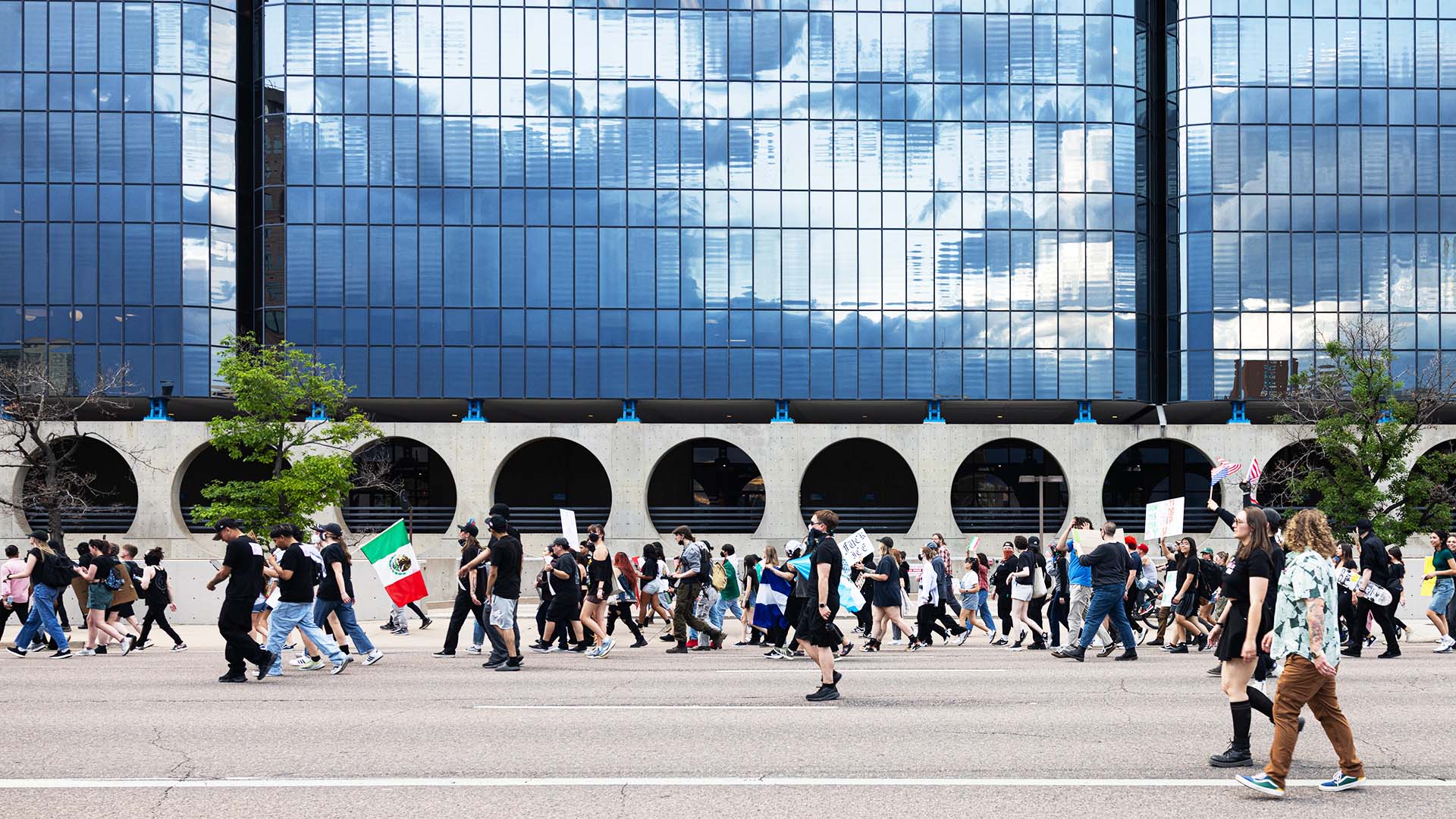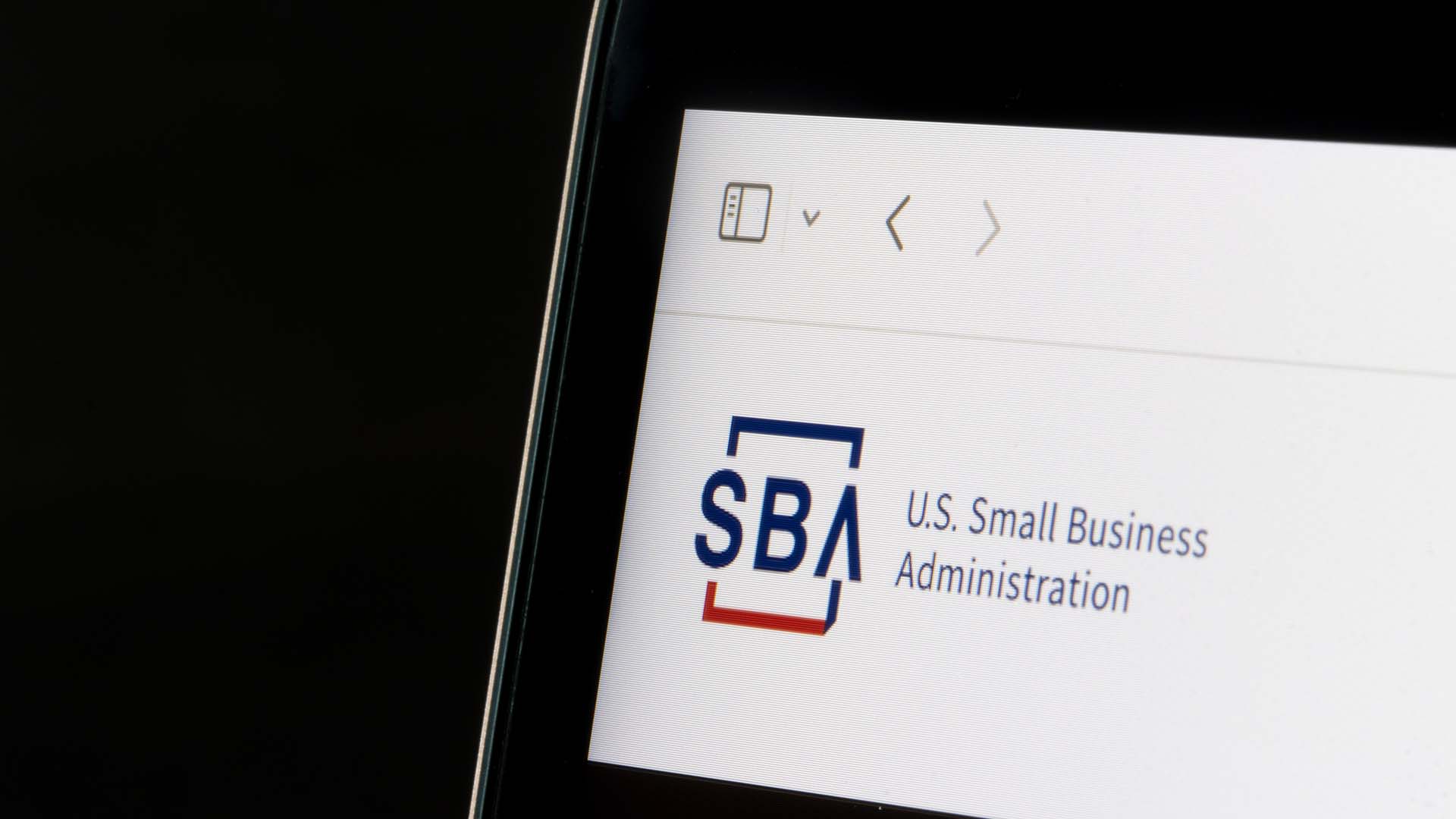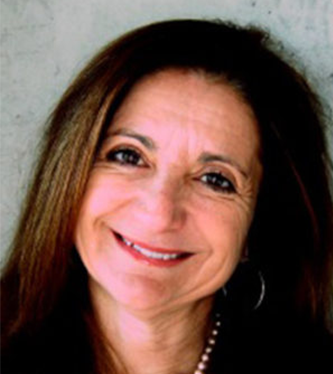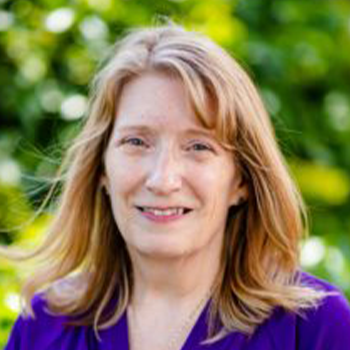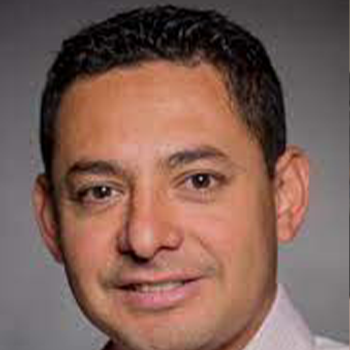UndocuHub centralizes critical resources for Colorado’s undocumented and immigrant populations
The new program provides a single access point for legal, health care, housing, financial, education and employment information. Here’s how that will benefit scores of thousands of Coloradans.

Angelica Prisciliano understands firsthand the obstacles immigrant families face in trying to build a sustainable foundation in the U.S.
Her mother brought her to Colorado Springs when she was 12 to escape the violence of Ciudad Juárez, Mexico. As she pursued her education, “I believed I was alone in my journey,” Prisciliano said.
Now, Colorado’s immigrant and undocumented populations can access the legal, health care, housing, financial, education and employment information they need through a single statewide bilingual phone and digital resource: UndocuHub. The initiative launched last month and is a collaboration among Metropolitan State University of Denver, the Colorado Immigrant Rights Coalition and the Denver Children’s Advocacy Center.
Families “will benefit from having access to many resources that is language-accessible and led by (immigrant) community members,” said Prisciliano, a spring 2020 MSU Denver Political Science graduate who is a community organizer with the Colorado People’s Alliance, a nonprofit fighting for climate, immigrant, economic and racial justice.
UndocuHub is funded by a $272,000 one-year grant from an anonymous donor and is housed at MSU Denver, said Gregor Mieder, director of Immigrant Services at MSU Denver. It’s currently in an introductory phase and slated to scale up by the end of 2020.
National, state and local organizations are already doing important work to provide various resources for these populations, Mieder said. UndocuHub for the first time provides a single, user-friendly access point to all of it.
“Unless folks are tied into these networks already, it’s really hard to get information to people – especially in rural communities where many groups may not already have a footprint,” he said.
Stewardship, centralized
The grant funding UndocuHub also funds five undocumented student-employees who will track data, respond to inquiries and manage digital assets.
The cultural competency that such contact points bring to the initiative are important said Prisciliano. “It can eliminate fear, culture gaps and misinformation,” she said.
Likewise, placing UndocuHub on the Auraria Campus provides easier access to attorneys and community organizations – not to mention proximity to the state Capitol to further advocate for Colorado’s immigrant population when required, said Kevin Omaña Mendoza, legal-services manager with the CIRC.
“MSU Denver has been serving immigrants for decades and has been a steward for providing relief and support across the state,” Omaña Mendoza said. “Housing a program like UndocuHub (at the University) is a continuation of that stewardship. If you’re looking at how this work happens at the regional level, it just makes sense.”
The University’s long-running support of undocumented students includes its advocacy for the 2013 Colorado Advancing Students for a Stronger Economy Tomorrow (ASSET) bill, and it also worked for over a decade to achieve federal Hispanic-Serving Institution status. It’s Immigrant Services Program and the Center for Equity and Student Achievement provide students tools and resources required to succeed in and outside the classroom, she said.
“UndocuHub’s extension of health care information, legal counsel, affordable-housing sources and food-security resources to undocumented and immigrant communities is a natural extension of those wrap-around services,” Prisciliano said.
Clarity and stability
The U.S. Supreme Court in June ruled 5-4 that the Trump administration’s effort to rescind the Deferred Action for Childhood Arrivals program was “arbitrary and capricious” and thus invalid.
It was an unexpected victory for the nation’s 700,000-plus DACA recipients, also known as Dreamers, some 31,000 of whom are Coloradans. But the breathing room that the ruling provided them in the short term is offset by longstanding challenges faced by undocumented and immigrant communities as they try to build a foundation in the country, Omaña Mendoza said.
“College students at places like MSU Denver get access to some temporary relief while they’re enrolled – but there’s a need for a long-term community solution instead of just a stopgap,” he said.
UndocuHub’s efforts to centralize resources for undocumented and immigrant populations is unique to Colorado and could someday be codified into state agencies such as human services, Omaña Mendoza said. There is also the potential for transformative impact in rural communities in counties such as Ouray, Yuma, El Paso and Pueblo.
“(UndocuHub) allows us to put groundwork in place at the statewide level for breathing room,” he said. “It gives us more clarity and stability regardless of the (2020 presidential and congressional election) outcome.”

